MASTER OF COMPUTER APPLICATIONS Learning modern programming language Designed to meet the shortage of qualified professionals Reduced time for data-heavy tasks Meant to develop better and faster applications.
ABOUT THE DEPARTMENT
MCA is a Post Graduate program of three years course spanning over six semesters, last semester is exclusively reserved for project work.
Our MCA department is well equipped with qualified and experienced staff, computer laboratories and Internet facilities.
Students can make use of these facilities to enrich their working knowledge on computer domain.Students are admitted into MCA course through ICET entrance examination conducted by government of Andhra Pradesh.
Students who have passed the Bachelor Degree examination with not less than 50% of the marks in the aggregate with mathematics as one of the subjects at 10+2 level can write the entrance examination.
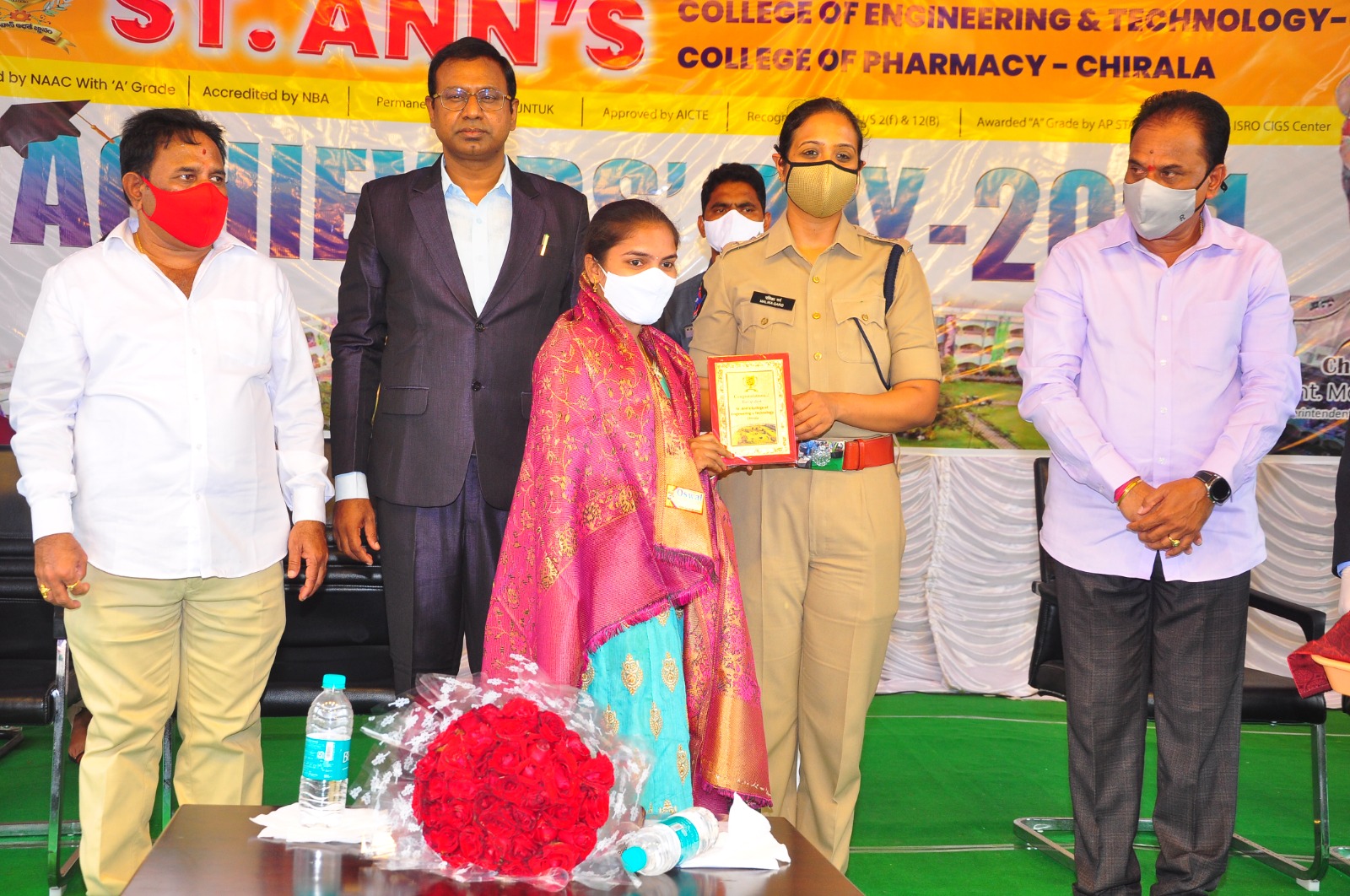
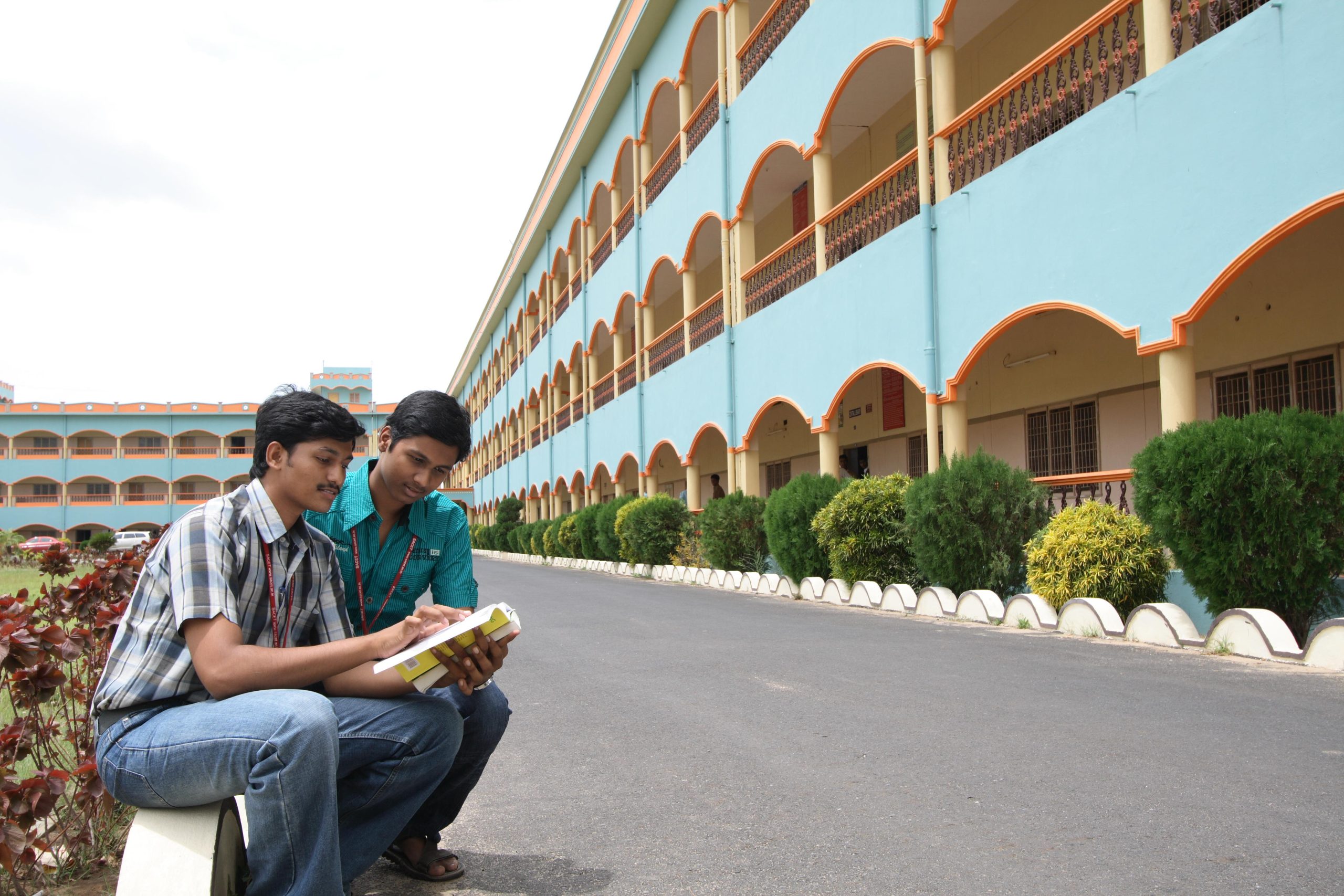
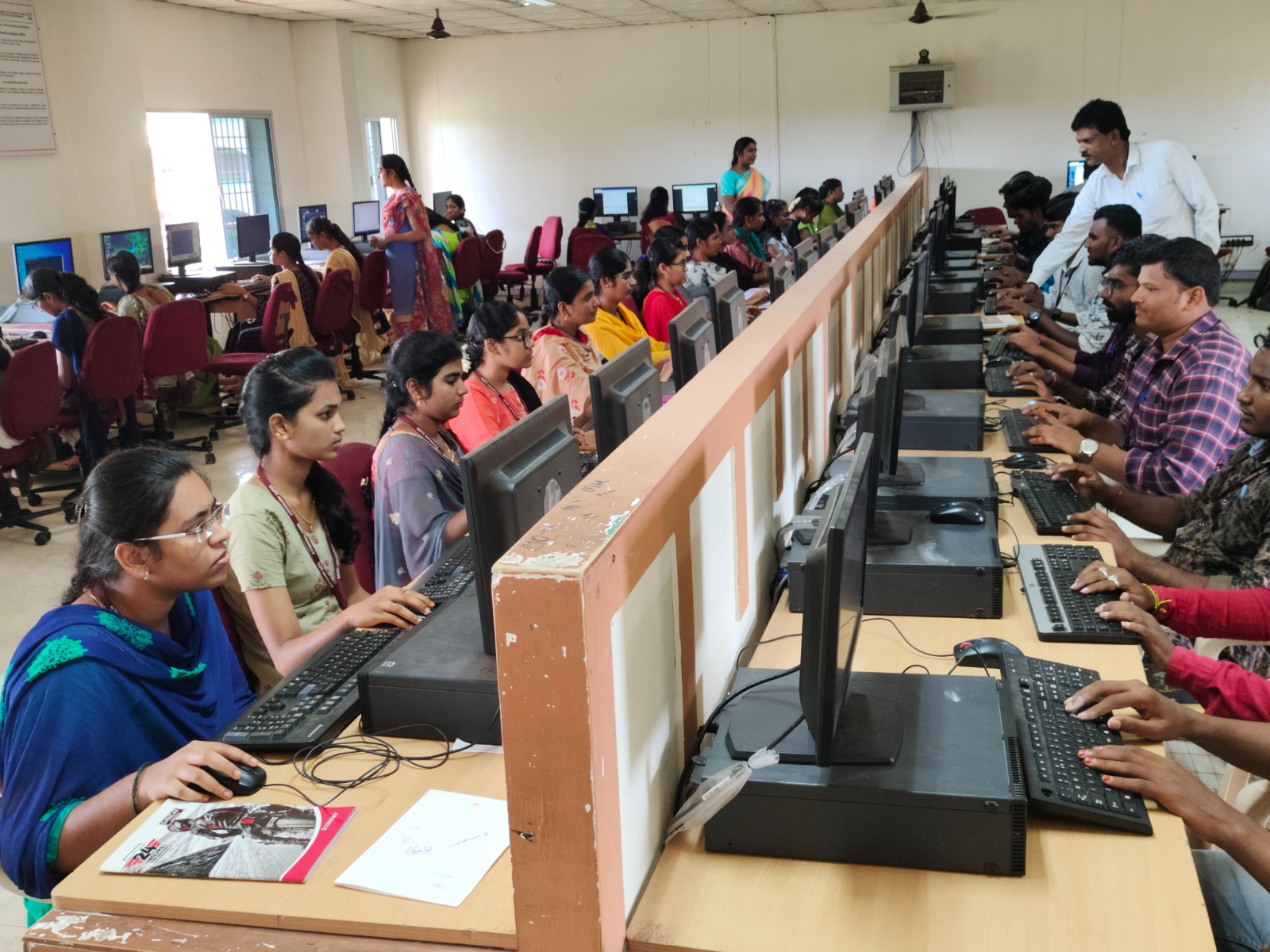
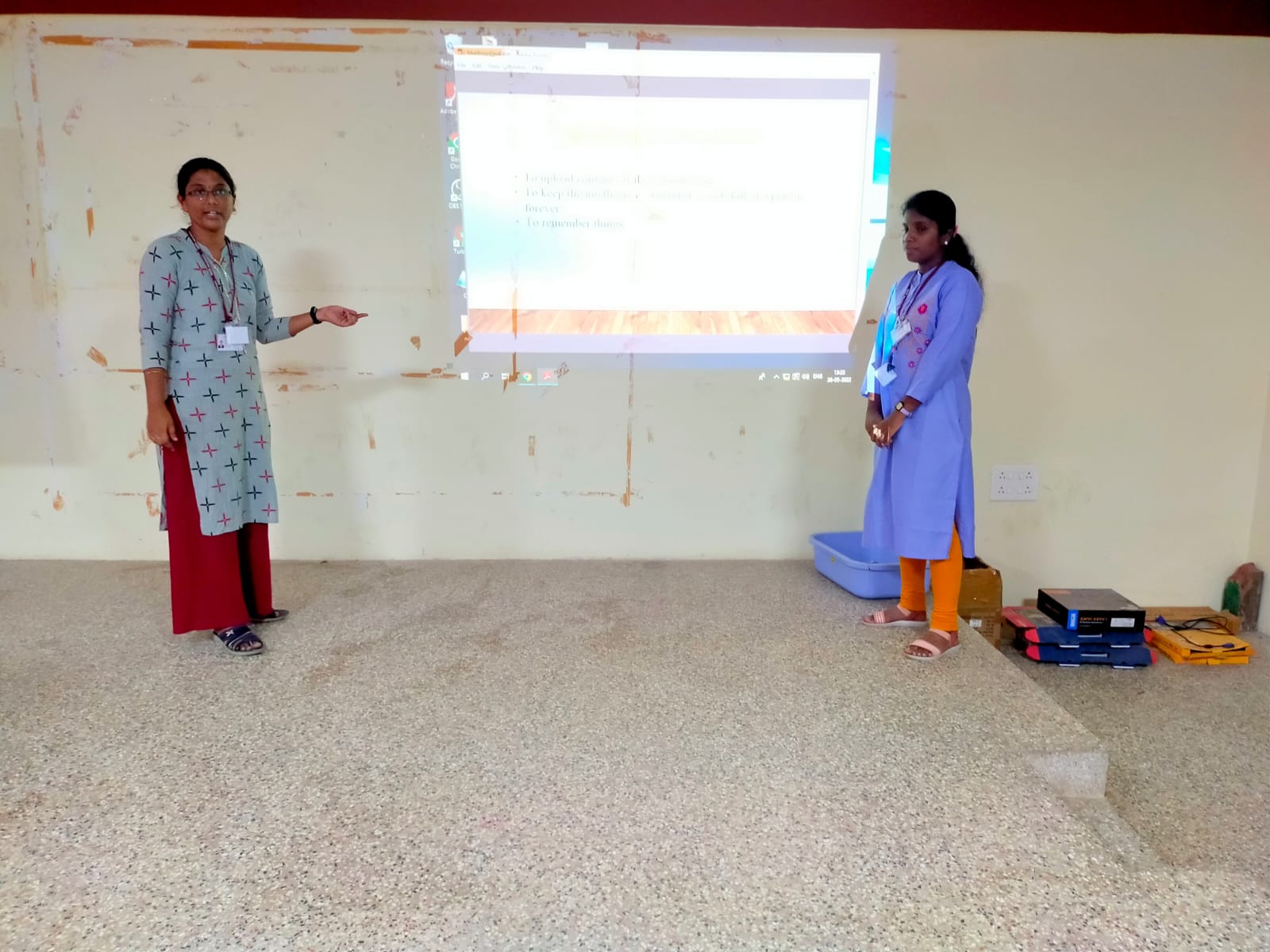
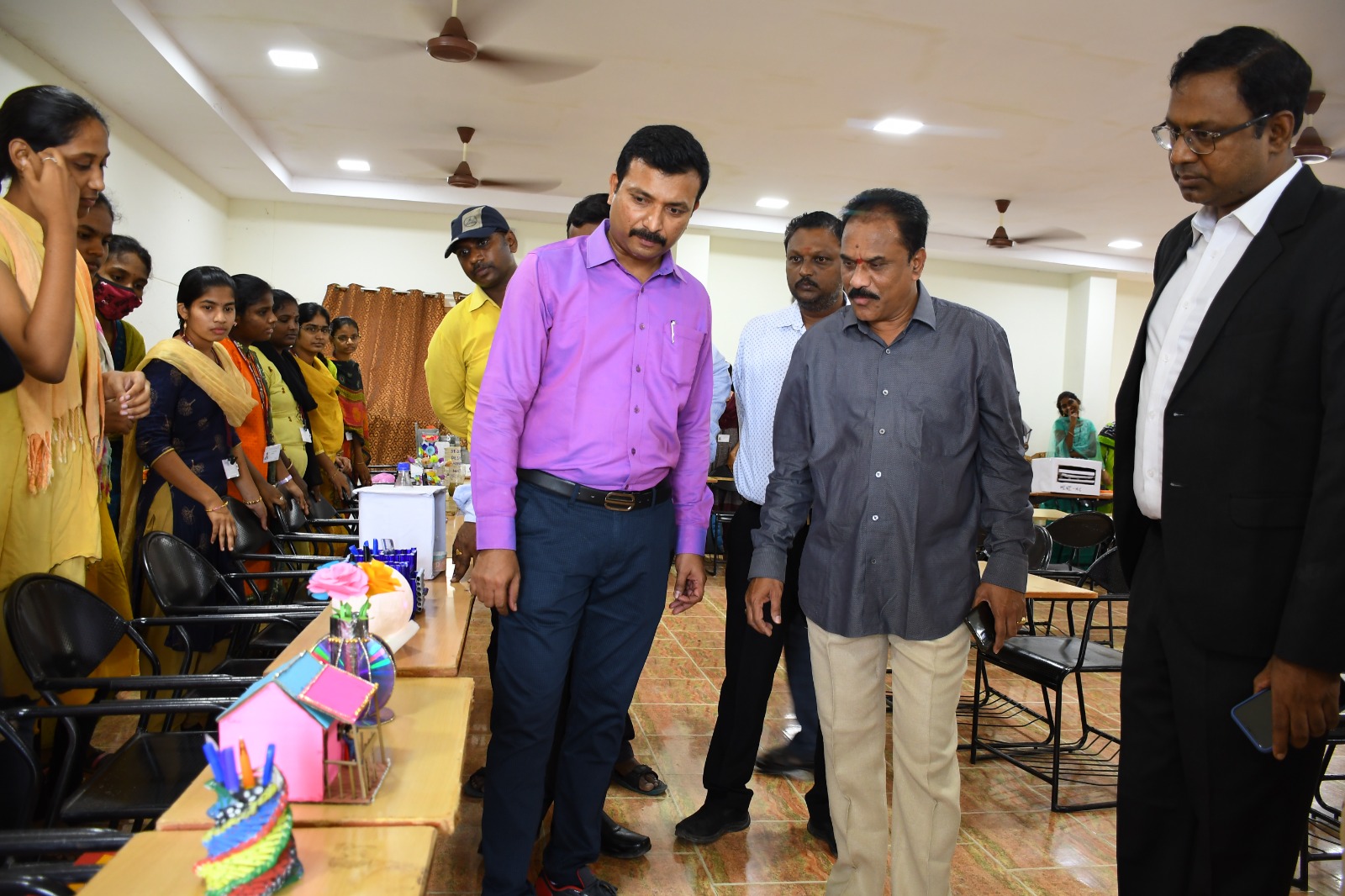
ABOUT HEAD OF THE DEPARTMENT
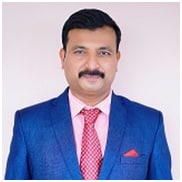
Dr Hari Kishan Chapala has received Ph.D in Computer Science and Engineering in 2013 from Acharya Nagarjuna University, Guntur, Andhra Pradesh. He is working as Professor and Head in Master of Computer Applications. He has a total of 23 years of experience in Teaching and Administration.He is ratified by JNTUK, Kakinada in 2016. He has authored and published more than 10 research papers in reputed journals. He is nominated as Q-Leader by APSCHE. He is a peer reviewer and Editorial Board member for several Journals.
KNOW MORE ABOUT THE FACULTY
| Sr.No. | Name of the Faculty | Designation | Qualification | Level | Date of Joining |
|---|---|---|---|---|---|
| 1 | Dr D. REDDEPPA | Associate Professor | Ph.D | PG | 01-07-2023 |
| 2 | P. RAM BABU | Assistant Professor | MCA | PG | 13-06-2022 |
| 3 | M. SIREESHA | Assistant Professor | MCA | PG | 01-02-2023 |
| 4 | P. GOPI NADH | Assistant Professor | MCA | PG | 14-11-2022 |
| 5 | P. DEEPTHI | Assistant Professor | MCA | PG | 01-06-2023 |
| 6 | K. V. RAMYA | Assistant Professor | MCA | PG | 02-06-2024 |
| 7 | SK. VAAHIDHA | Assistant Professor | MCA | PG | 02-06-2025 |
| 8 | PATHAN BAJI | Assistant Professor | MCA | PG | 05-06-2025 |
VISION
- To emerge as a premier knowledge center for imparting computing education and inculcating human values to solve global challenges
MISSION
To enable the students to be knowledgeable and creative through innovative teaching methodologies
To provide training programs that bridges the gap between academia and industry to produce competitive software professionals
To inculcate ethical values in students enabling them to become socially committed professionalsTo enhance the research quality and productivity by providing required facilities and industry collaboration
- PROGRAM EDUCATIONAL OBJECTIVES (PEOs):
- PROGRAM SPECIFIC OUTCOMES (PSOs)
- PROGRAM OUTCOMES (POs)
- BOS
- PEO-I: Learn and apply computing and managerial principles to excel in professional career and in the field of Computer Applications as an individual, as part of a team, as an entrepreneur and equip them with orientation towards research.
PEO-II: Analyze real world problems, design and develop solutions through the knowledge of mathematics and computing principles that are socially acceptable.
PEO-III: Exhibit professional ethics, cyber regulations and communication skills, engage in lifelong learning and to adapt emerging technologies and tools.
PSO1 | Acquire knowledge to face competitive examinations like GATE, GRE and TOFEL etc. |
PSO2 | Ability to analyze design and model various electrical components, machines & equipment. |
PSO3 | Take up challenges in the profession in the fields of power generation, transmission, distribution, equipment design and related fields. |
PSO4 | Ability to solve economical & social problems maintaining the balance between professional and ethical responsibility. |
MCA Graduates will be able to:
PO1.Computational Knowledge: Apply knowledge of computing fundamentals, computing specialisation, mathematics, and domain knowledge appropriate for the computing specialisation to the abstraction and conceptualisation of computing models from defined problems and requirements.
PO2.Problem Analysis: Identify, formulate, research literature, and solve complex computing problems reaching substantiated conclusions using fundamental principles of mathematics, computing sciences, and relevant domain disciplines.
PO3. Design/development of solutions: Design and evaluate solutions for complex computing problems, and design and evaluate systems, components, or processes that meet specified needs with appropriate consideration for public health and safety, cultural, societal, and environmental considerations.
PO4.Conduct investigations of complex problems: Use research-based knowledge and research methods including design of experiments, analysis and interpretation of data, and synthesis of the information to provide valid conclusions.
PO5. Modern tool usage: Create, select, adapt and apply appropriate techniques, resources, and modern computing tools to complex computing activities, with an understanding of the limitations.
PO6. Professional Ethics: Understand and commit to professional ethics and cyber regulations, responsibilities, and norms of professional computing practices.
PO7. Life-long Learning: Recognise the need, and have the ability, to engage in independent learning for continual development as a computing professional.
PO8. Project management and finance: Demonstrate knowledge and understanding of the computing and management principles and apply these to one’s own work, as a member and leader in a team, to manage projects and in multidisciplinary environments.
PO9. Communication Efficacy: Communicate effectively with the computing community, and with society at large, about complex computing activities by being able to comprehend and write effective reports, design documentation, make effective presentations, and give and understand clear instructions.
PO10. Societal and Environmental Concern: Understand and assess societal, environmental, health, safety, legal, and cultural issues within local and global contexts, and the consequential responsibilities relevant to professional computing practices.
PO11. Individual and Team Work: Function effectively as an individual and as a member or leader in diverse teams and in multidisciplinary environments.
PO12. Innovation and Entrepreneurship: Identify a timely opportunity and using innovation to pursue that opportunity to create value and wealth for the betterment of the individual and society at large.
